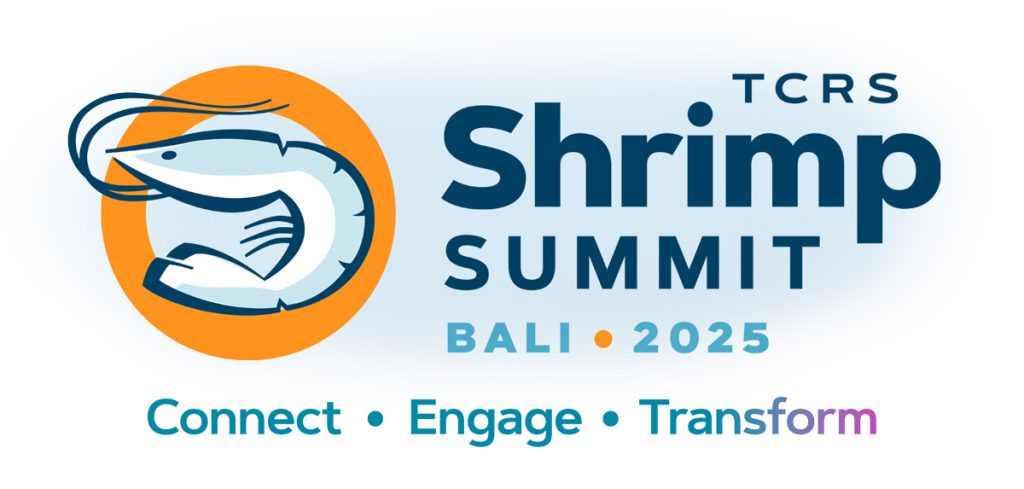
Disease has been the leading cause of financial loss in shrimp farming. Shrimp breeding and disease management have been highly interrelated, as selective breeding has proven to be one of the most effective tools for developing disease tolerance. This expert panel with diverse expertise addressed this topic from the standpoint of emerging diseases, the role of biosecurity, selective breeding of L. vannamei and P. monodon, and the increasing utilization of genetic markers, genomics, and gene editing.

Ravi Kumar Yellanki is the Managing Director of Vaisakhi Bio-Marine Private Limited and Vaisakhi Bio-Resources Private Limited, one of the leading shrimp hatchery operators in India and operates one of the largest farms in the country. The company is also making its foray in to shrimp exports.
For more than 20 years, Mr. Ravi Kumar Yellanki has been familiar with hatchery operations in India. Remarkably through his numerous written papers and publications, he shared his experiences and knowledge concerning shrimp hatchery sphere such as the management and its role in changing environment. His expertise in terms of local market trends and opportunities is unquestionable.
Today, he concentrates his awareness on building sustainable strategies for Indian Shrimp Aquaculture. He also happens to be the President of All India Shrimp Hatchery Association (AISHA) and immediate past president of Society of Aquaculture Professionals (SAP).
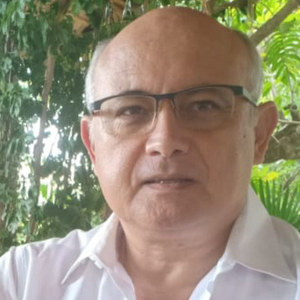
Trained as a D.V.M. in veterinarian sciences with a specialization in aquaculture, Dr. Marc Le Groumellec earned a diploma in tropical microbiology and food safety at Pasteur Institute, Paris, and a PhD in Aquaculture and Pathology. His career includes positions as head of the pathology department of Ifremer in Tahiti and director of the Research and Development Centre of Aquanova. In 1998 he joined the Aqualma/Unima team to develop the first industrial scaled Penaeus monodon Domestication Centre in Madagascar. From 2008 - 2016 he was the Director of the domestication program and hatcheries at Aqualma operations, later becoming the Director of Domestication, Pathology, Biosecurity and Genetics.
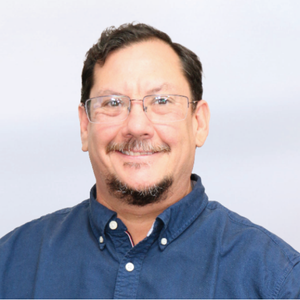
With more than 20 years Aedrian Ortiz Johnson is an experienced aquaculture specialist with a strong focus on shrimp hatchery management, maturation, larval nutrition, and feed development. With a background in both hatchery operations and specialized feed sales, he has played a key role in optimizing larval performance through tailored nutritional strategies. Aedrian has worked extensively with hatcheries of all scales, offering practical solutions to improve survival rates, water quality, and overall post-larvae health. He is also actively involved in the development and promotion of high-performance larval feeds, collaborating with feed manufacturers and hatchery teams to ensure effective and sustainable feeding protocols. Known for his hands-on approach and technical expertise, Aedrian bridges the gap between feed innovation and on-ground hatchery success. His work in feed sales and technical support has earned him a strong reputation across the shrimp industry, where he continues to contribute to the growth and advancement of modern hatchery practices.
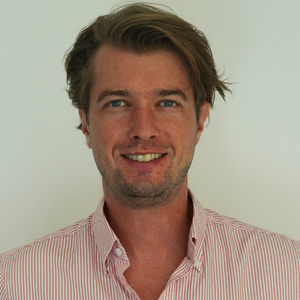
Bas Wolkenfelt is Operations and Product Manager for Kona Bay (Hendrix Genetics) and is currently based out of Thailand. With a background in aquaculture and genetics, he has been involved in Hendrix Genetics' shrimp breeding programs and product development across the US, Asia, and Ecuador.
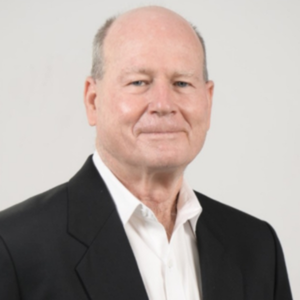
Robins McIntosh has been involved in shrimp aquaculture for over 30 years. His projects have spanned the development of grow-out systems, shrimp feeds, and hatchery technologies. Robins was responsible for developing the first zero-water exchange, intensive and revolutionary shrimp farm, i.e. Belize Aquaculture, Ltd in Belize. Prior to Belize he worked as a technical consultant to both Zeigler Brothers in the development of advanced P. vannamei diets and with several large farms in Guatemala, Mexico and Honduras. His initial work in shrimp aquaculture was with the freshwater prawn Macrobrachium, being employed as a researcher with Weyerhaeuser in Florida and Brazil. Shrimp was interrupted for four years as he took on responsibilities of developing and managing the algae to fuel program for the U.S. DOE (Solar Energy Research Institute). Shrimp and Macrobrachium projects in Myanmar brought him back to Asia, where he later was involved in the development and management of Thai Hawaiian Hatcheries in Thailand.
Robins is currently employed as Executive Vice President for technical development of shrimp culture within the Charoen Pokphand Group. He joined the Group in 2001 to assist with the restructuring of shrimp culture in Thailand and Southeast Asia. Under his direction, hatcheries were modernized, genetic programs were initiated, and farm management was made more systematic and biosecure. Robins continues to work on increasing the efficiency of shrimp culture and finding solutions to eradicate EMS/APHND and EHP diseases in shrimp. He is today also CEO of Home Grown Shrimp, a US subsidiary of CPF focussed on producing shrimp in indoor facilities in the USA.
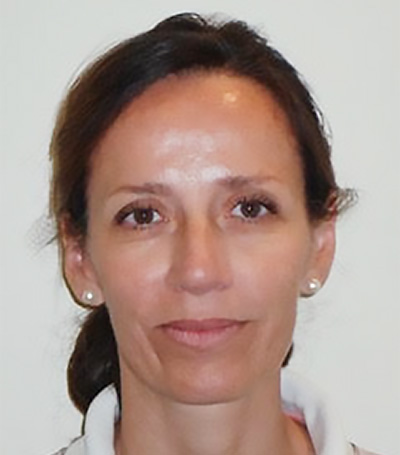
Victoria Alday-Sanz is a veterinarian with an M.Sc. and Ph.D. from Stirling University (UK). She has worked for over 35 years on diverse aspects of shrimp and fish biosecurity covering research on pathogens and diseases, diagnostics, sanitary legislation, health management, development of SPF stocks and syndromic surveillance. She has collaborated as an expert for international organizations such as FAO, WOAH, EU, EFSA and WB as well as with the private sector.
Alday-Sanz has lived and work in Southeast Asia, Middle East and Latin America and published over 35 papers in peer review journals, over 50 articles in industry magazines, 5 book chapters, is co-author of the CD-rom Diagnosis of Shrimp Diseases and editor of The Shrimp Book I and II. She was director for Aquaculture Biosecurity for Pescanova where she led the development of a population of “reverse SPF” shrimp (Specific Pathogen Free and Specific Pathogen Tolerant stocks).
Presently, she is the Director for Biosecurity, Breeding programs and Research and Development for the National Aquaculture Group of Saudi Arabia.

Oscar Hennig has over 30 years’ experience in the shrimp farming sector. His main areas of expertise include selective breeding programs, SPF stock development and shrimp diseases. Hennig began his career working on farms in Australia before completing his MSc degree in aquaculture at the University of Santa Catarina. Prior to establishing his own farm in northeast Brazil, Hennig participated in a research project focused on shrimp immunology at the Shimonoseki National Fisheries University in Japan. Hennig moved to Hawai’i in 1999 to manage a facility for the Oceanic Institute in Kona. He has remained in Kona ever since, manaaging P. monodon, P. stylirostris, and – mainly – P. vannamei breeding programs for several prominent companies.